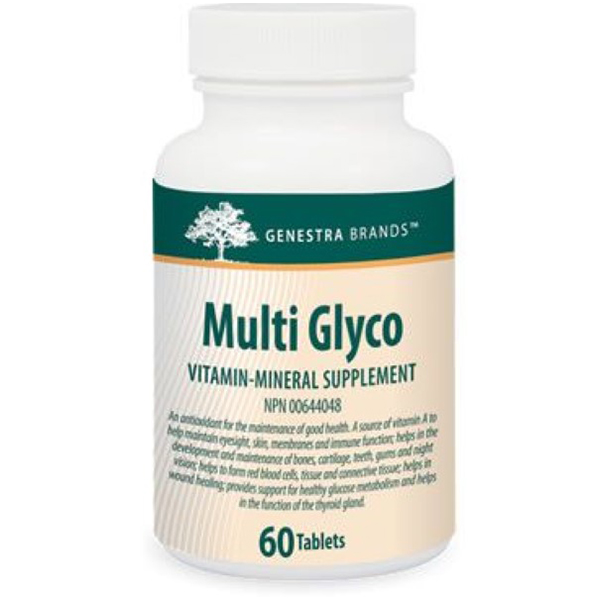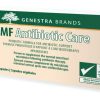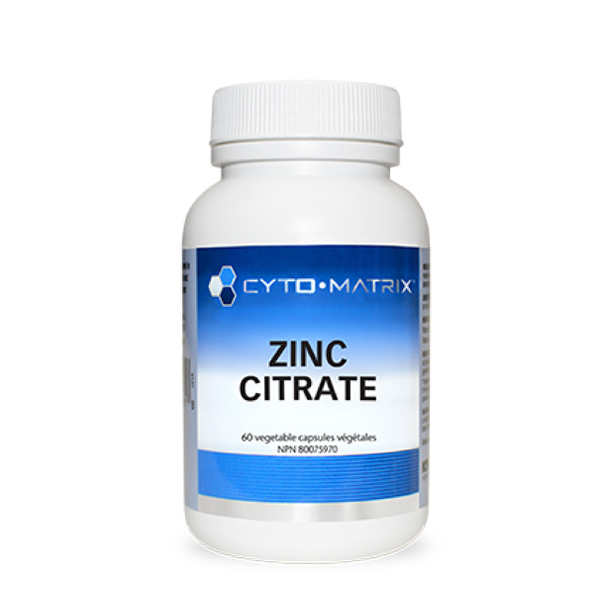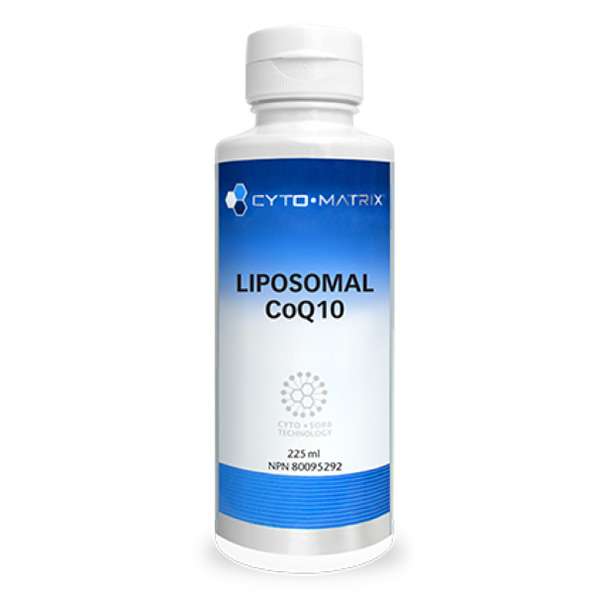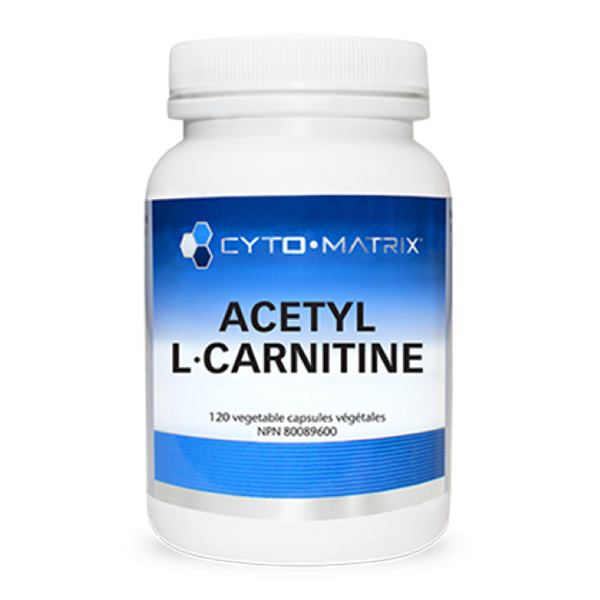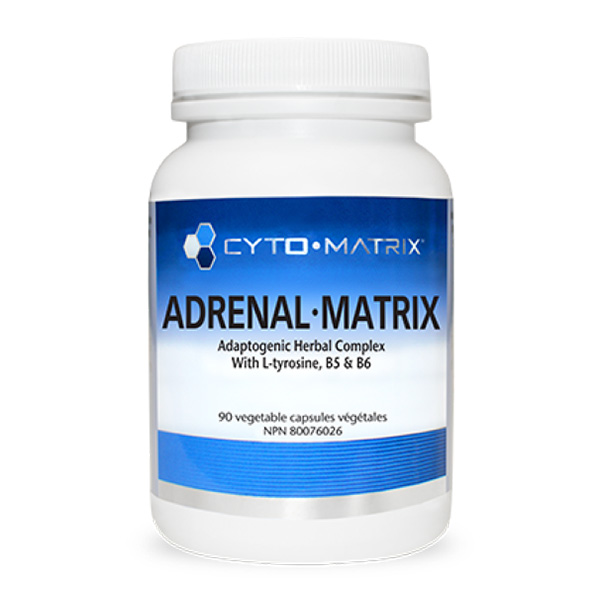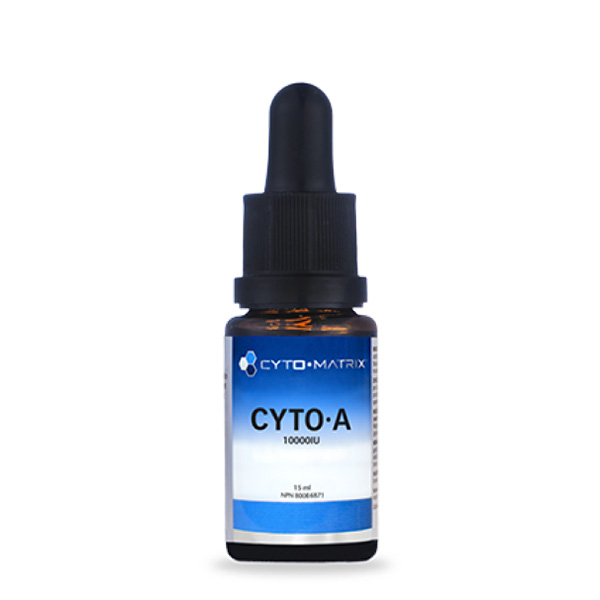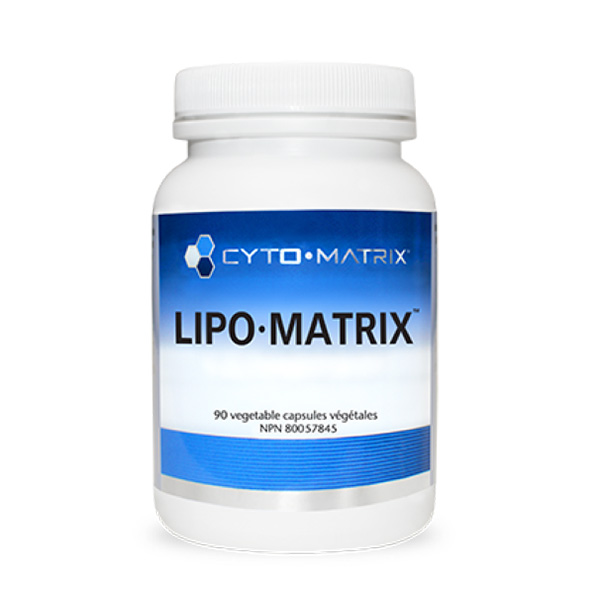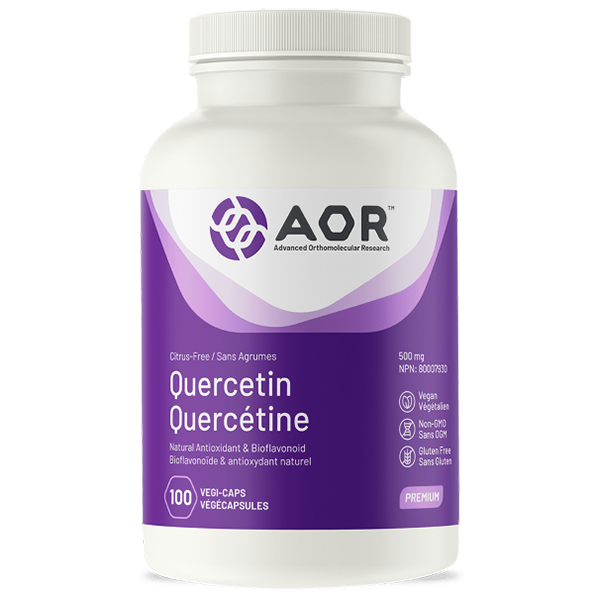Beta-carotene and vitamin C for healthy skin
? An antioxidant for the maintenance of good health
? Helps the body to metabolize carbohydrates, fats and proteins and provides support for healthy glucose metabolism
? Helps in the function of the thyroid gland
? Source of vitamin A to help maintain eyesight, skin, membranes and immune function
? Helps to prevent vitamin A, C, B6, B12, pantothenic acid, biotin, thiamine, riboflavin, niacin, zinc, manganese and chromium deficiencies
Multi Glyco is a combination of vitamins and minerals that helps to maintain skin health and macronutrient metabolism. Beta-carotene is a provitamin A carotenoid pigment.1 As it can be converted into vitamin A in the body, it is an important source of vitamin A to help maintain eyesight, membranes, immune function and skin.1 Vitamin C further maintains skin health through its role in collagen synthesis, the primary structural protein found in connective tissue and the main protein involved in wound healing.2 Vitamin C synergistically maintains the antioxidant defence system with selenium, which is required for the production of antioxidant enzymes that prevent free radical damage to lipid membranes.3,4 The highest levels of both selenium and iodine are found in the thyroid gland.4 Iodine is required to produce thyroid hormones, which regulate metabolism and the growth and development of the body and brain.4 B vitamins help mediate hundreds of enzymatic reactions, including the metabolism of carbohydrates, fats and proteins.3 Niacin, thiamine and biotin help provide important substrates for energy production in the Krebs cycle, while vitamins B6 and B12 help convert the amino acid homocysteine into methionine for protein production.3 Chromium supports healthy glucose metabolism by mediating the actions of insulin, which include regulating glucose uptake in cells and promoting its storage as glycogen.5,6
References
1. Ruhl, R. Proceedings of the Nutrition Society. 2007; 66: 458-469.
2. Campos, ACL, Groth, AK, Branco, AB. Current Opinion in Clinical Nutrition and Metabolic Care. 2008; 11: 281-288.
3. Combs, GF. (2012). The Vitamins (4th ed.). USA: Elsevier.
4. Schomburg, L, Kohrle, J. Mol. Nutr. Food Res. 2008; 52: 1235-1246.
5. Vincent, JB, Bennett, R. (2007). In JB. Vincent (Ed.), The Nutritional Biochemistry of Chromium (III) (pp. 139-160). Amsterdam, The Netherlands: Elsevier B.V.
6. Newsholme, P, Cruzat, V, Arfuso, F, Keane, K. The Journal of Endocrinology, 221(3): R105-R120.
Download Product Information
| Weight | 0.1 kg |
|---|

